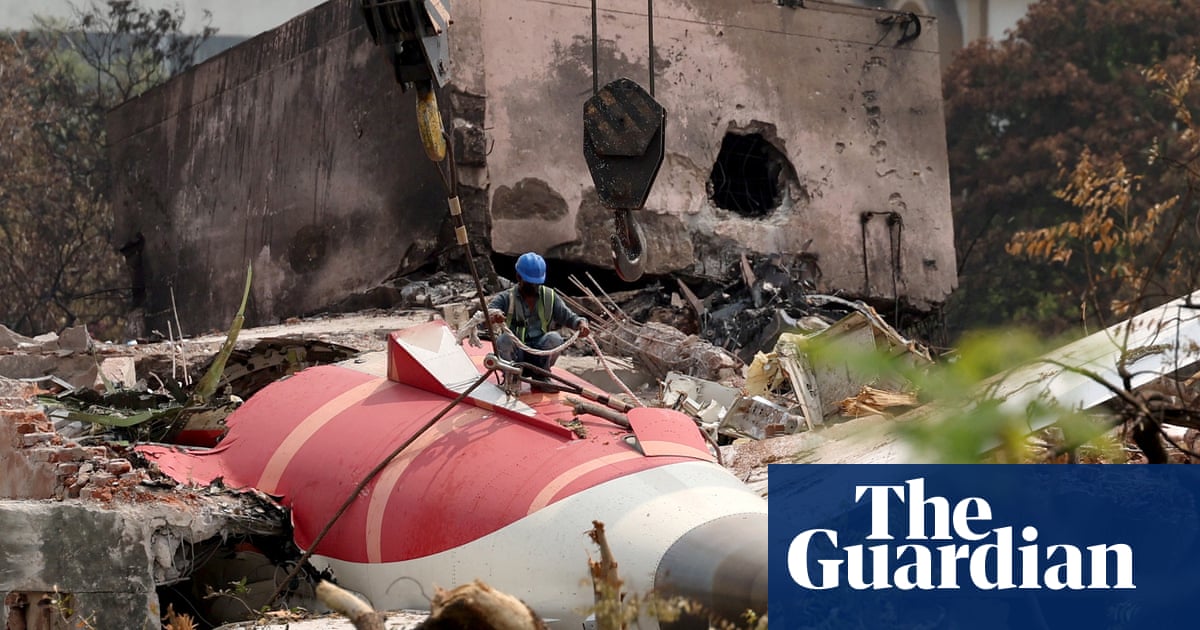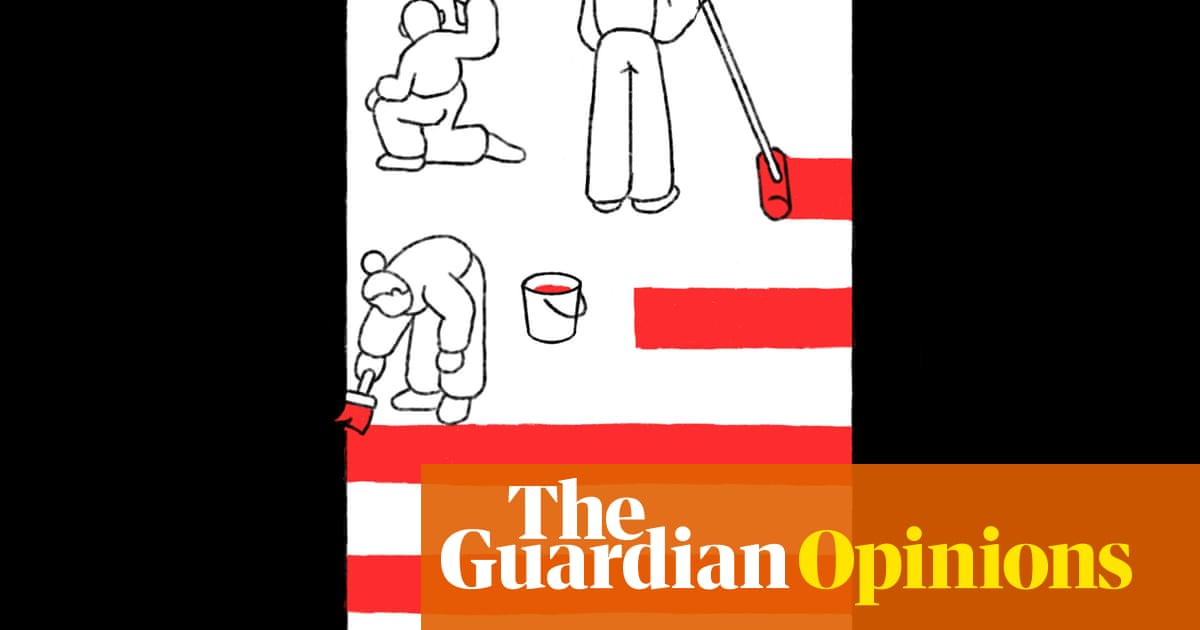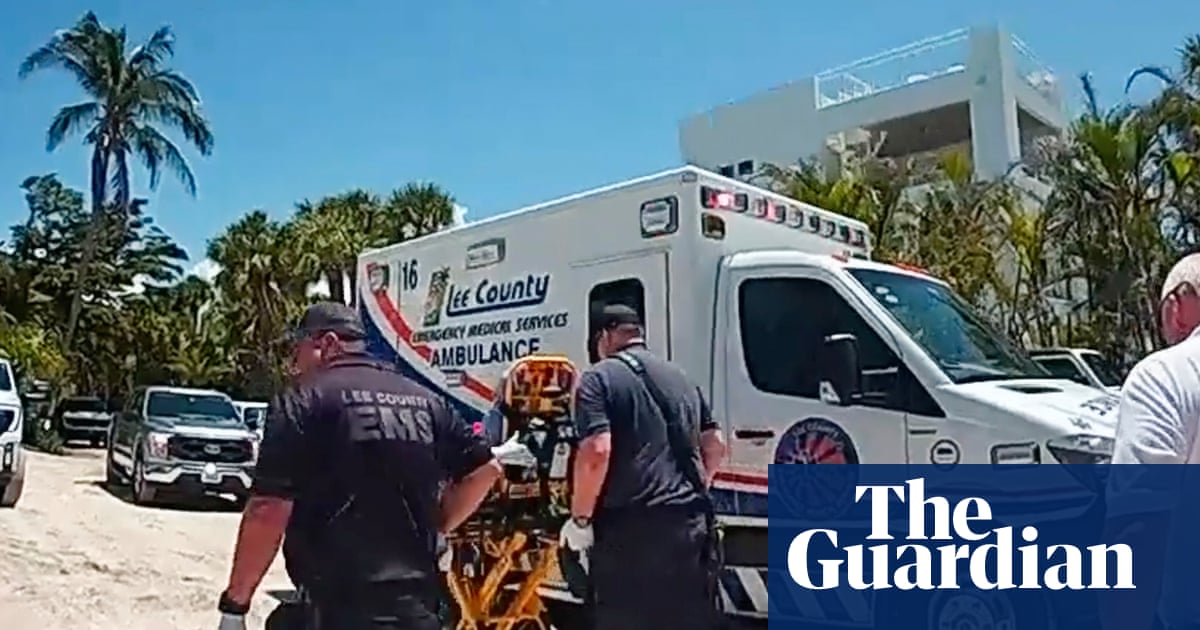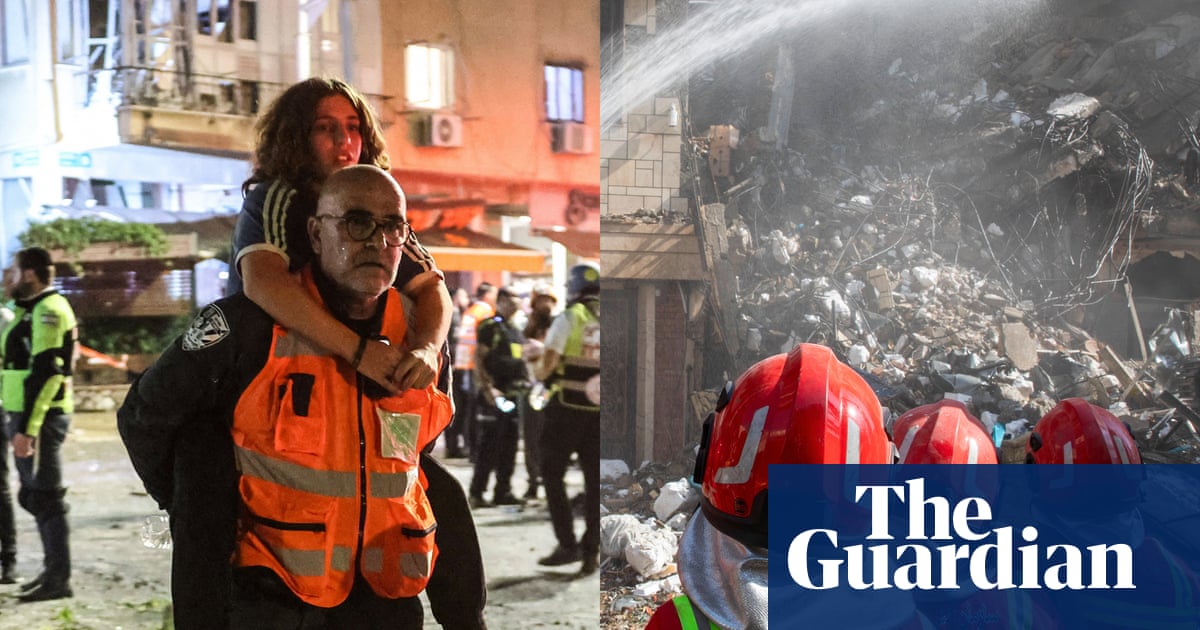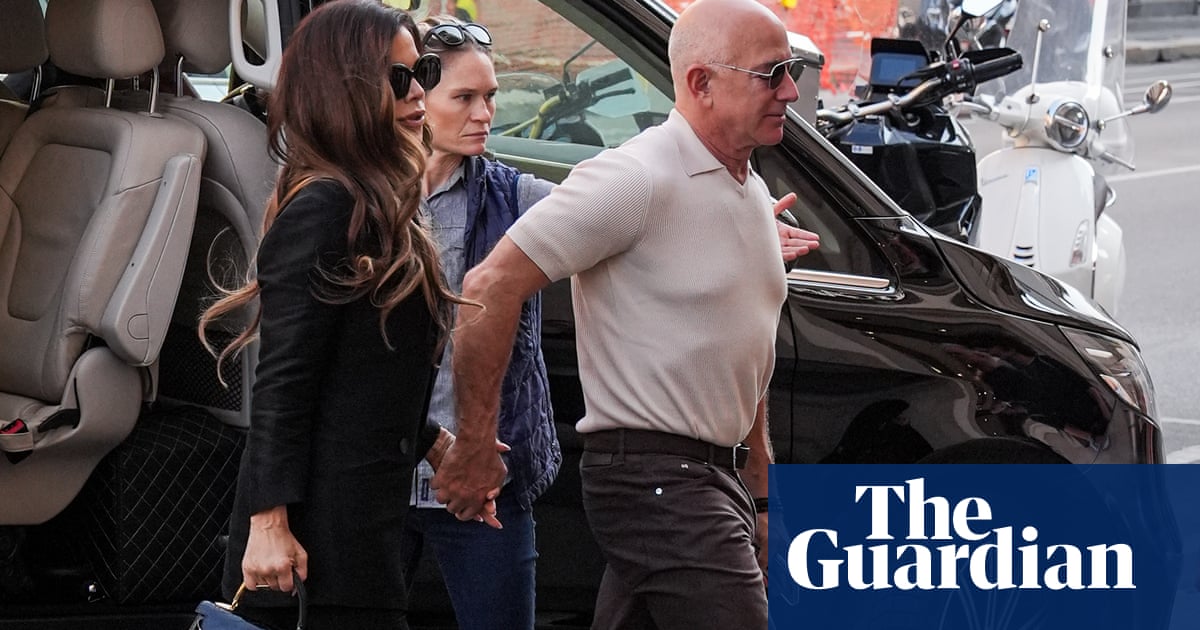To read Rachel Clarke’s The Story of a Heart, which has won this year’s Women’s prize for nonfiction, is to experience an onslaught of often competing emotions. There is awed disbelief at the sheer skill and dedication of the medical teams who transplanted the heart of nine-year-old Keira, who had been killed in a head-on traffic collision, into the body of Max, a little boy facing almost certain death from rapidly deteriorating dilated cardiomyopathy. There is vast admiration for the inexhaustible compassion of the teams who cared for both children and their families, and wonder at the cascade of medical advances, each breakthrough representing determination, inspiration, rigorous work, and careful navigation of newly emerging ethical territory. And most flooring of all is the immense courage of two families, one devastated by the sudden loss of a precious child, the other faced with a diagnosis that threatened to tear their lives apart.
after newsletter promotion
To write such a story requires special preparation. “I was full of trepidation when I first approached Keira’s family,” Clarke tells me the morning after she was awarded the prize. “I knew that I was asking them to entrust me with the most precious thing, their beloved daughter Keira’s story, her memory.” The former journalist trained as a doctor in her late 20s, and has spent most of her medical career working in palliative care. Subsequently, she has also become an acclaimed writer and committed campaigner, publishing three memoirs: Your Life in My Hands, Dear Life and Breathtaking. She turned to her medical training for guidance when writing The Story of a Heart. “I said to myself, my framework will be my medical framework, so I would conduct myself in such a way that they would, I hoped, trust me in the same way that someone might trust me as a doctor. And if at any point they changed their mind, then they could walk away from the project.”
Each family read the manuscript in its entirety, with Clarke determined that she would not publish if they had any qualms. On the morning that we speak, she has been in touch with them, and she reads me a message from Loanna, Keira’s mother. It says simply: “Keira really has made such a difference to so many people. She is just incredible.” Loanna, she goes on to tell me, now visits schools to tell children about Keira; Max’s mother, Emma, is an “indefatigable” ambassador for the NHS’s organ donation programme. Nobody who reads the book could forget the almost superhuman fortitude of Keira’s father, Joe, or her sisters, all of whom not only consented but pressed forward with donating her organs, even as Loanna and Keira’s brother were gravely injured. There, too, is the bravery of Max’s father, Paul, supporting his desperately ill son through the pain and trauma of treatment; and Max’s brother, Harry, now finishing his second year at medical school. It is because of these people that in 2020, Max and Keira’s Law entered the statute books, ruling that adults would be presumed to have given consent to organ donation, rather than having to opt in, an enormously important step in addressing the scarcity of donor organs.
For Clarke, it was also important to shine a light on the care with which the medical teams treat those who, in death, are giving someone else the chance of life; from the “moment of honour” that precedes all surgery to retrieve donor organs, in which all fall silent to consider the patient, to the last offices of washing and dressing performed by nurses. “It’s the patient that’s the important person,” she explains. “And I think that says something very profound about us as a species, doesn’t it?”
Clarke, who is the mother of two teenagers, spends half her time working with patients, and half on “other things”; not only writing books, but shining a light on the challenges her profession – and by extension all of us – are facing. At the moment, she is furious about the government’s recent decision to stop issuing visas to foreign care workers, because what they do is regarded as unskilled labour. With a shortage of 100,000 care workers, the result is patients unable to be discharged from hospital: “A direct consequence of that is I will see more patients on trolleys dying outside an A&E that they can’t even get into because we don’t have enough care workers. I will look them in the eye. Keir Starmer won’t. Wes Streeting won’t. But I will, and I will try to give them the best care I can in a corridor where there isn’t even a curtain to draw around them for dignity.”
She has, she says, always been torn between the arts and science, but that medicine is “the perfect marriage of hard science and beautiful, messy humanity. And I try to write books that represent medicine accurately in that sense. You are not a good doctor if you’re just a scientist and you’re not a good doctor if you’re just about emotion and feeling: you have to marry the two.”

 18 hours ago
7
18 hours ago
7
